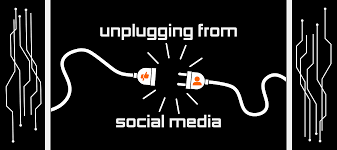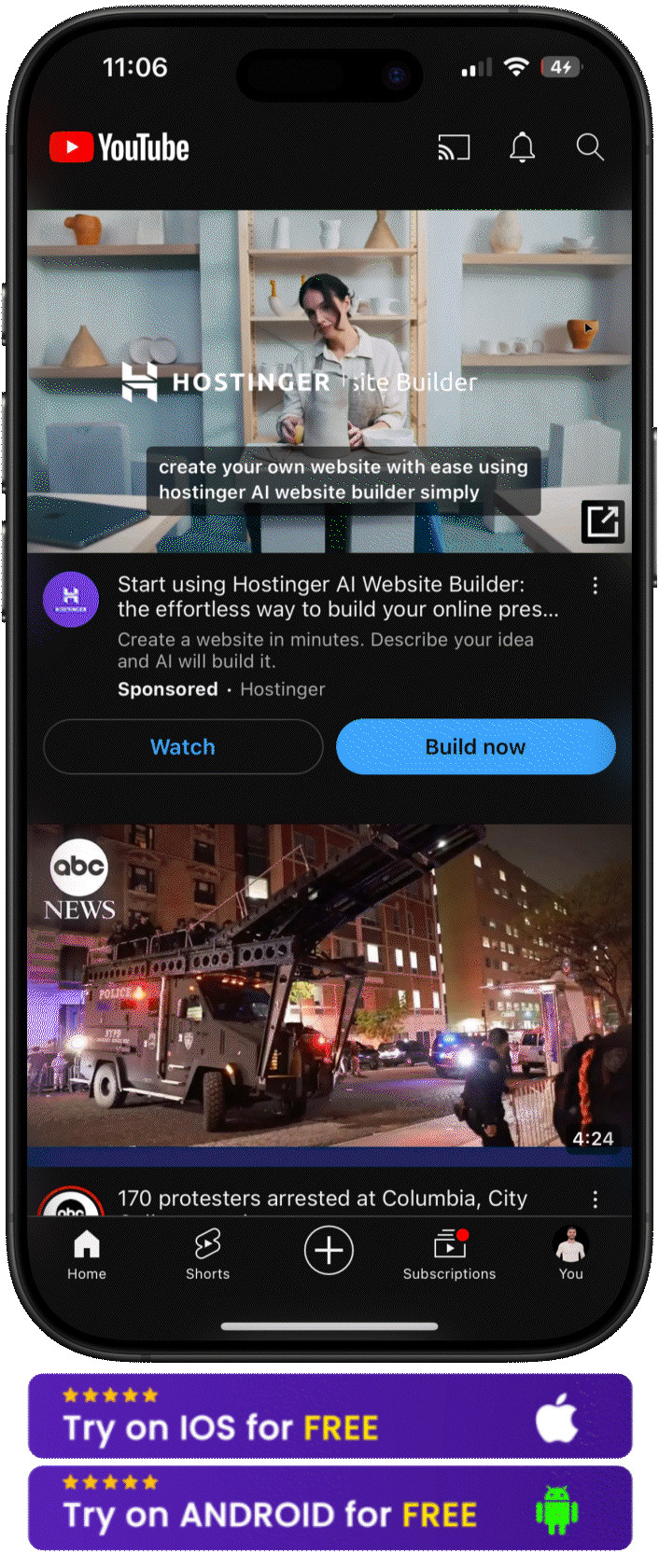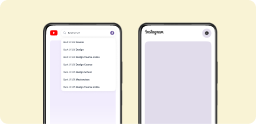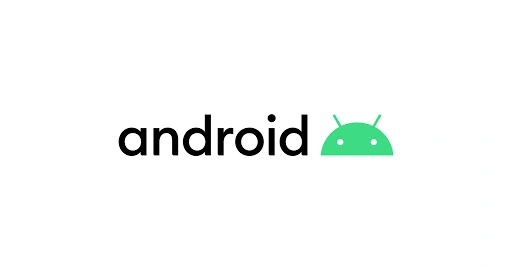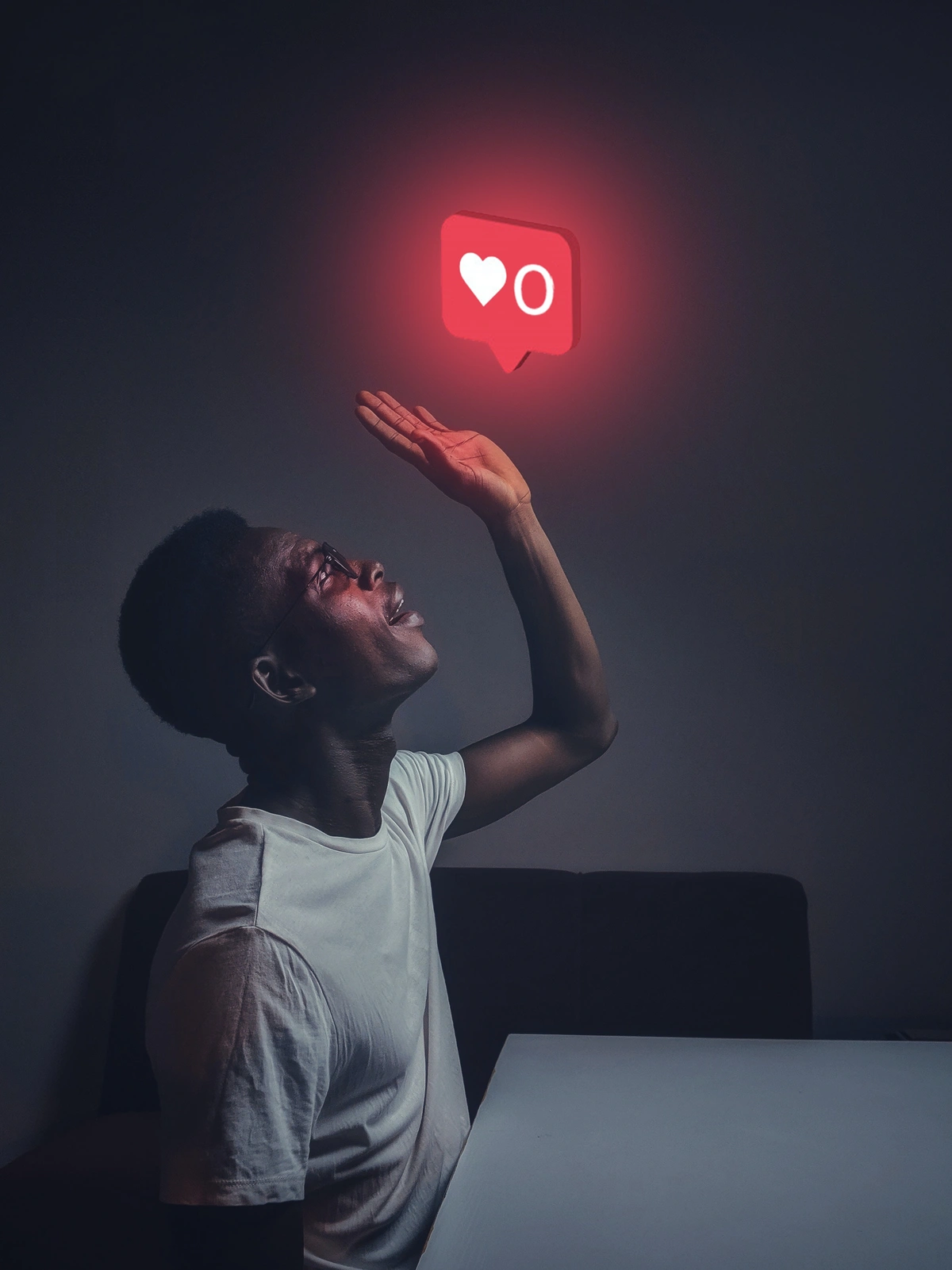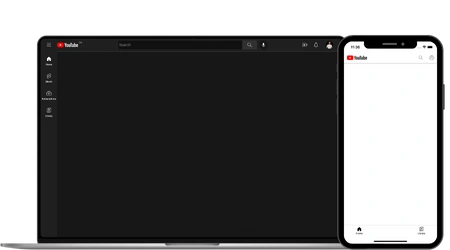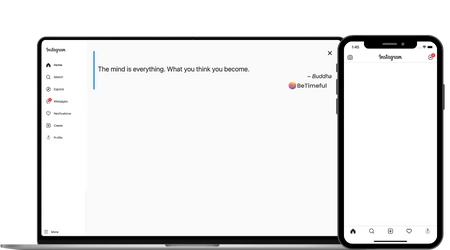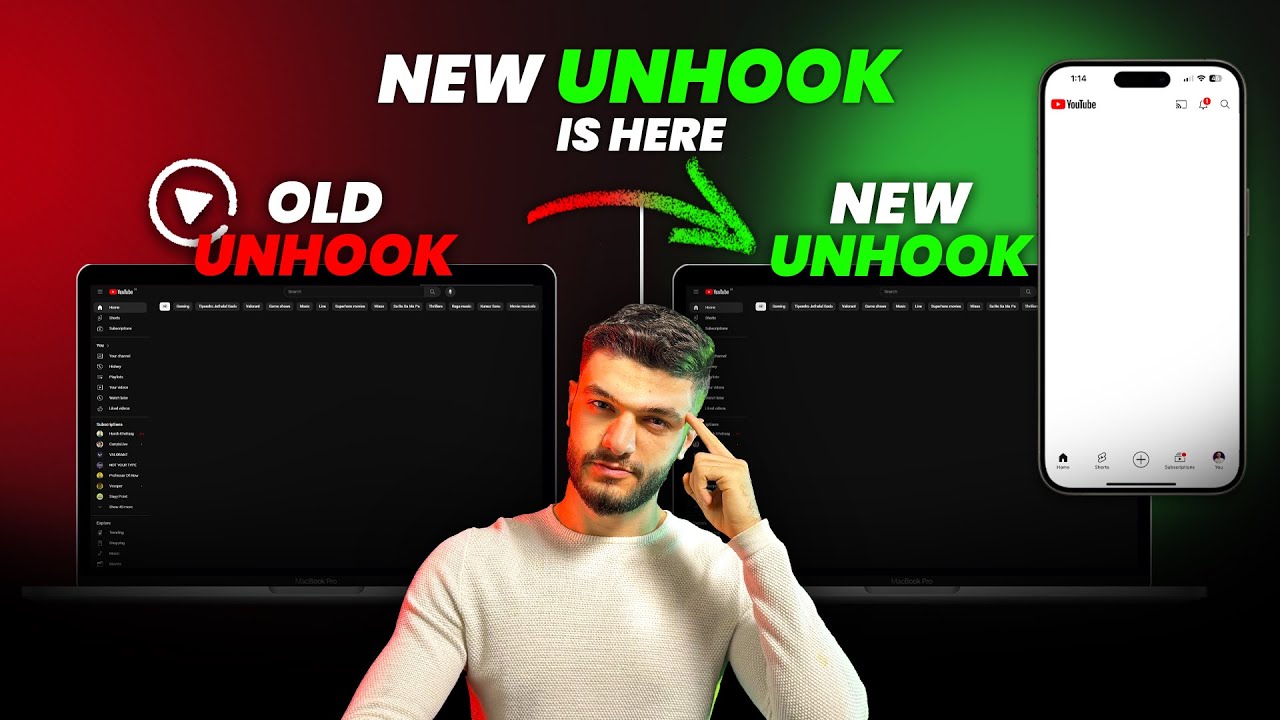Do you ever feel like social media is pulling you away from what's truly important?
From notifications to texts and countless social feeds, it seems nearly impossible to escape. Nonstop notifications can feel overwhelming, and for many, social media is more of a time drain than a connection.
What if you could take back control?
Whether you're looking to cut down distractions at work, regain some personal time, or simply use social media with intention, read on to discover how you can unplug from social media while staying connected to it.
Meet BeTimeful: Your solution to mindful social media use
Sound familiar? You promise yourself "just five minutes" on Instagram, only to emerge an hour later wondering where your time went.
BeTimeful was designed specifically to help you enjoy social media without letting it control your day.
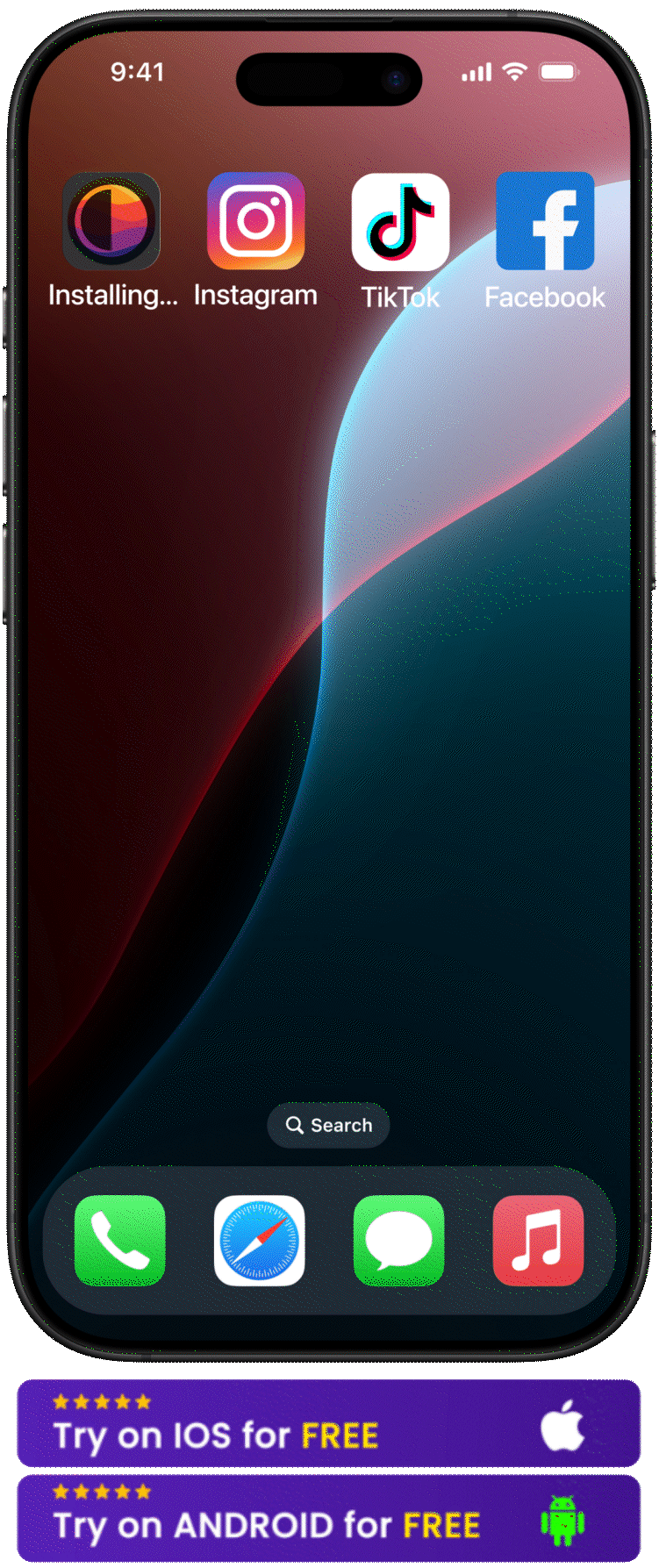
-
Available for free on both iOS and Android platforms
-
Keep your apps while regaining control over when you use them
-
When your time's up, BeTimeful smoothly guides your focus back to what matters
-
Your social media stays invisible on your phone until you actively choose to take a break
-
Set specific time limits for each social media session, so you can enjoy guilt-free scrolling
Ready to take back control of your time?
Install BeTimeful for free and start your journey toward intentional social media use today.
How does Unplugging from Social Media Benefit You?
Taking a break from social media isn't just about shutting off your phone. It's about giving your mind room to breathe, focus, and relax.
The research backs this up — excessive social media use is directly linked to anxiety, depression, and that nagging feeling of low self-esteem that comes from constant comparison.
Here's how stepping back benefits your overall well-being:
1. Boosts Mental Clarity
Constant scrolling can cloud your mind. By taking intentional breaks, you give yourself space to think clearly and feel more in control. You know that foggy feeling after hours of scrolling? That's your brain begging for a break.
2. Enhances Restful Sleep
Using social media before bed tricks your brain into thinking it's still daytime, disrupting sleep quality. The blue light from screens messes with your melatonin production, making it harder to fall asleep naturally. Reducing screen time before bedtime can lead to deeper, more restful sleep.
3. Improves Focus
Social media is a common distraction that fragments your attention throughout the day. Setting short, scheduled breaks allows you to stay focused without feeling deprived.
4. Boosts Mood and Reduces Stress
Limiting social media usage can help ease stress and anxiety. By managing how often you check your apps, you minimize information overload, which helps you stay relaxed and in a better mood. Those curated, filtered posts can distort your reality and harm your self-worth—stepping away helps restore a positive self-image.
5. Increases Productivity
Imagine the extra hours you'd gain each week by controlling your social media use. Setting specific times to check social media frees up more time for things you enjoy, helping you create a healthier, balanced daily routine.
6. Sets a Positive Tone for Your Day
Starting and ending your day without social media allows you to set a focused, intentional tone. Finishing your day tech-free also helps you wind down and sleep better.
7. Encourages Intentional Social Media Use During Work Hours
Imagine focusing on a single task without notification distractions. When you control when and how you engage with social media, you can stay productive during work hours.
8. Strengthens Real-Life Relationships
Here's something interesting — while we think social media keeps us connected, it often weakens our real-life relationships. Online interactions can replace or weaken meaningful in-person connections. When you step back from the screen, you naturally gravitate toward deeper, more authentic conversations with the people who matter most.
How to Start Unplugging from Social Media
Starting to unplug from social media is easier with small steps. The key is creating boundaries that feel manageable rather than restrictive. Let me walk you through steps for success that actually work:
Set Time Limits
Take control by setting daily limits on your social media. Schedule specific times for scrolling so you can enjoy guilt-free breaks without overindulging.
Turn Off Those Notifications
This might be the most important step you take. Disable push notifications to prevent apps from sending alerts that constantly pull your attention. Those little red badges and buzzing sounds are designed to be addictive—removing them gives you back control over when you engage.
Hide Apps Temporarily
Instead of deleting social media apps, try hiding them from your home screen. This way, you reduce distractions without losing access completely. Hiding apps can help you take breaks while still having control over when you engage.
Create No-Phone Zones
Ban devices during meals, before bed, or during social gatherings. You might be surprised how much more present you feel when you're not constantly checking your phone. Some couples even agree on no-phone times—like after getting in bed or during dinner conversations.
Replace Scrolling with Offline Activities
Swap those scrolling sessions for something that gets you moving—like walking, exploring a new hobby, or chatting with friends. You'll be surprised at how much more fulfilling these activities can be! Here are some ideas that people actually enjoy:
-
Learning new skills like cooking or crafting
-
Outdoor activities like hiking, picnics, or sports
-
Volunteering at local charities or community events
-
Board games and offline entertainment with friends
-
Creative pursuits like painting, music, or photography
-
Reading books, magazines, or listening to audiobooks
Find an Accountability Partner
Pair up with someone to mutually support each other's unplugging goals. Having someone to check in with makes the whole process feel less isolating and more achievable.
Make Your Environment Less Device-Dependent
Use analog clocks and watches to avoid checking your phone for the time. Leave your devices behind during certain activities or outings. Sometimes the best way to break a habit is to make it physically harder to engage with it.
Track Your Progress
Keep a journal or use an app to monitor your progress. Celebrate those small wins—whether it's a day without scrolling or an hour spent on a new hobby. This boosts your motivation and makes the process enjoyable. Reward yourself for hitting milestones with something special, like a favorite meal or outing.
Don’t Get Distracted By Video Content
Also, if you find yourself distracted by video content, consider Unhook. The Free Unhook App blocks your YouTube homepage and recommended videos, allowing you to search without distractions unless you schedule a timed break to scroll.
By swapping out screen time for activities you love, you'll find it much easier to focus on yourself and develop healthier habits.
What if You Want to Stay Connected but Differently?
Here's where things get interesting. Maybe you don't want to completely abandon social media — you just want a healthier relationship with it.
The goal isn't necessarily digital abstinence; it's about creating mindful, balanced use that enhances rather than detracts from your life.
The beauty of this approach is that you're not fighting against technology—you're learning to use it intentionally. You're taking back control without feeling like you're missing out on connection entirely.
Curate Your Digital Space
Take control of what you see by unfollowing or unfriending accounts that trigger negative emotions or comparison. Mute or block content that doesn't serve your well-being. Your feed should inspire you, not drain you.
Consider Alternative Platforms
If you still want digital connection but less algorithm-driven noise, explore platforms like Mastodon, Bluesky, or NextDoor. These alternatives often prioritize privacy and authentic community over engagement metrics.
Reflect on Purpose
Regularly assess why and how you use social media. Ask yourself: Does this align with my values? Does it make me feel good? Adjust your habits accordingly.
Unplug from Social Media to Recharge your Mind
Each day you unplug is a win worth celebrating! Acknowledge your progress and notice how refreshing life feels without constant notifications.
You can find balance in your digital life by unplugging from social media as a recurring habit — whether it's a few hours a day or a full weekend.
Remember, BeTimeful can help you manage your screen time effectively, making it easier to focus on what truly matters in your life.
The research shows clear benefits
-
Quality sleep
-
Better mental health
-
Improved productivity
-
Stronger relationships
But beyond the data, there's something deeply satisfying about reclaiming your time and attention.
So take a moment to recharge your mind and embrace the world beyond the screen!
Your future self will thank you for taking this step toward a more intentional, balanced life.
Frequently Asked Questions
What happens when you unplug from social media?
When you unplug from social media, you may experience reduced stress and anxiety, improved focus, and better sleep. You'll also have more time to engage in real-life activities and connect with friends and family. Using the BeTimeful app can help you manage your screen time effectively, making your unplugging from social media smoother and more intentional.
How long should I unplug from social media?
The duration of unplugging from social media can vary based on your needs. Start with a few hours each day or a full weekend and gradually increase as you feel comfortable. The BeTimeful app allows you to set personalized time limits, helping you maintain balance and find a routine that works for you.
What happens if you quit social media?
Quitting social media isn’t necessary; instead, consider taking breaks. A temporary step back can improve mental well-being, reducing feelings of inadequacy and FOMO (fear of missing out). You may also discover more time for hobbies and real-life connections. BeTimeful can help you navigate this process by encouraging healthier habits and providing reminders to unplug, making it easier to find balance.
How do I stop being attached to social media?
To reduce your attachment to social media, start by setting clear boundaries. Limit your daily usage with time restrictions and use apps like BeTimeful to hide social media when you're not scheduled to scroll. Replace scrolling with offline activities you enjoy, such as reading or exercising, and take regular breaks to reset your mind. Over time, these steps will help you build a healthier relationship with social media and enhance your overall well-being.

